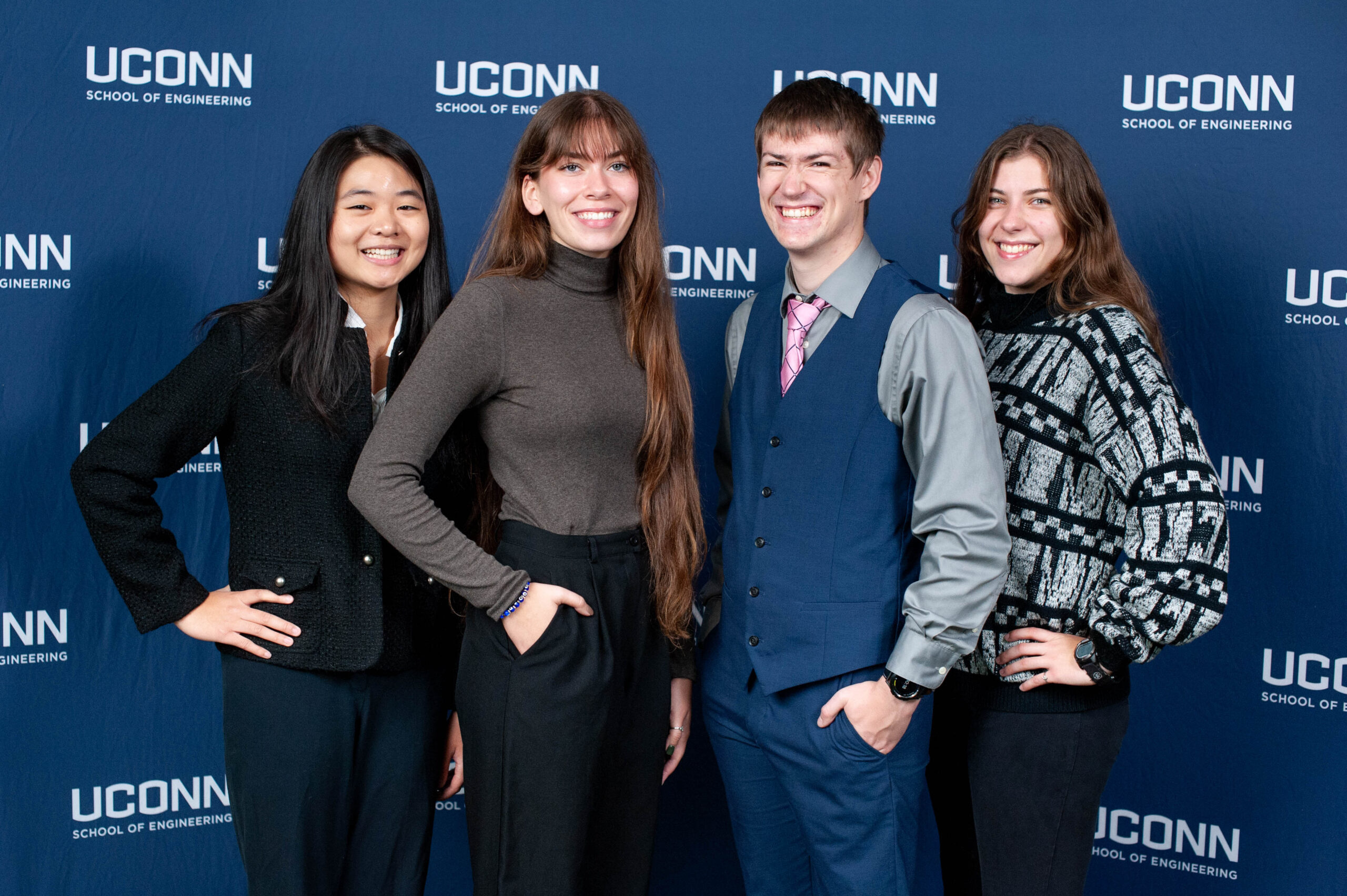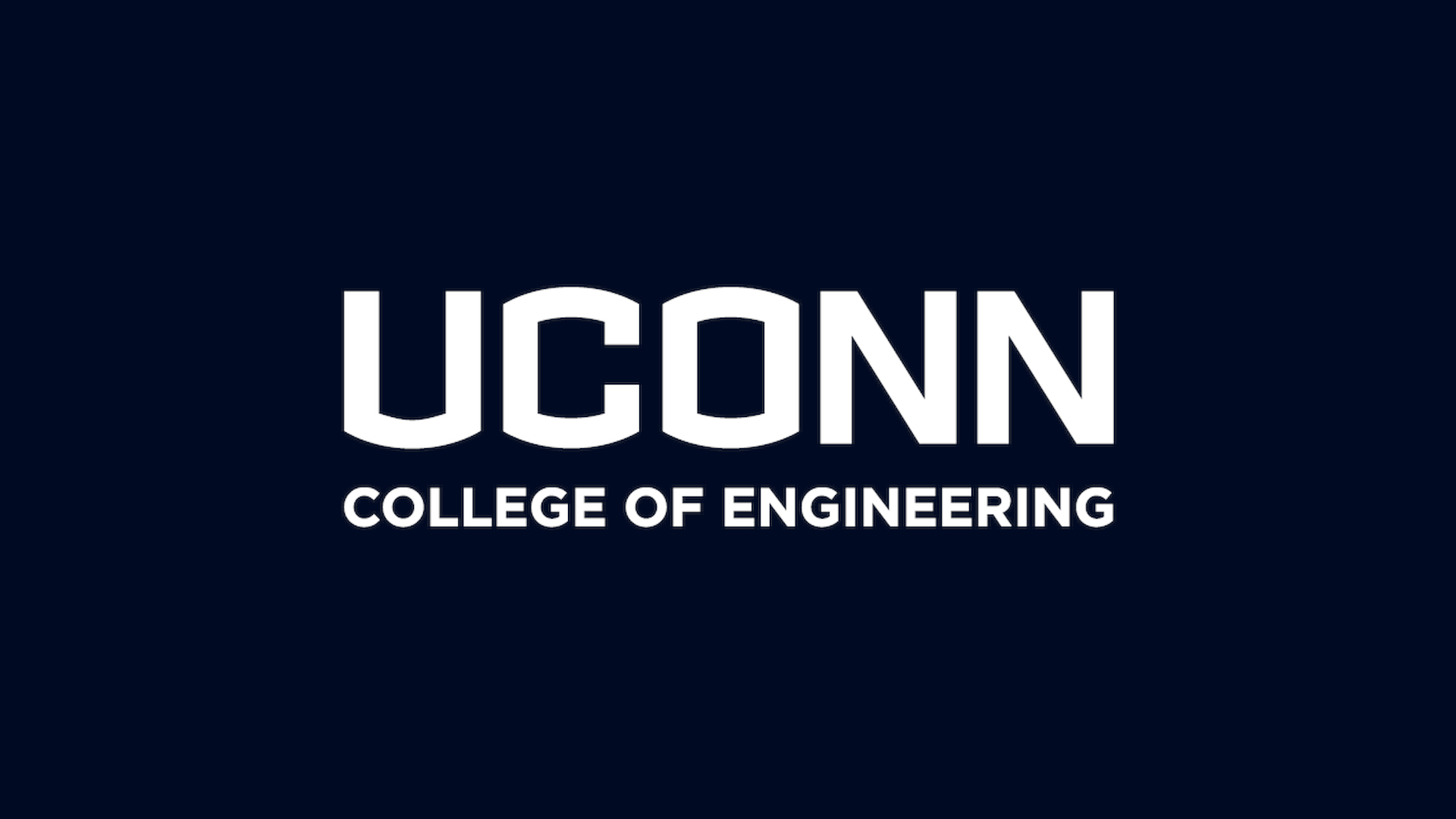

This video contains proprietary information and cannot be shared publicly at this time.
Figure 1

Figure 2

Team 7
Team Members |
Faculty Advisor |
Ashley Lam |
Jeffrey McCutcheon Sponsor Other |
sponsored by
Sponsor Image Not Available
Carbon Neutral Energy
UConn has a set goal to reach carbon neutrality by 2030. This goal will require a reliable and economical energy source that reduces carbon emissions. The cogeneration plant has reached saturation, so the campus needs another alternative energy source. This project aims to create a feasibility study and design plan for an anaerobic co-digestion facility for the UConn Storrs campus. Anaerobic digestion is a naturally occurring biological process that uses feedstocks of food scraps, agricultural waste, and municipal biosolids. Anaerobic digestion will allow UConn to manage its organic waste streams by co-digestion- the simultaneous breakdown of the various organic wastes to produce biogas and digestate. Once hydrogen sulfide and siloxanes are removed, the biogas can be combusted to produce electricity and heat. The digestate could be composted for land application on the UConn farms. However, current Connecticut legislation prevents land application due to PFAs in the digestate so this is not a viable option at this time. Another option is to process the digestate into biochar to add back into the digester to encourage biogas production. With these renewable resources, the university will be able to reduce the energy costs at the Water Pollution Control Facility which is located next door to the proposed build site of the digester. These savings can be redirected towards other initiatives on campus. Furthermore, the anaerobic digestion facility is expected to reduce carbon emissions by over 6,600 tons per year bringing UConn closer to the carbon neutrality goal.
